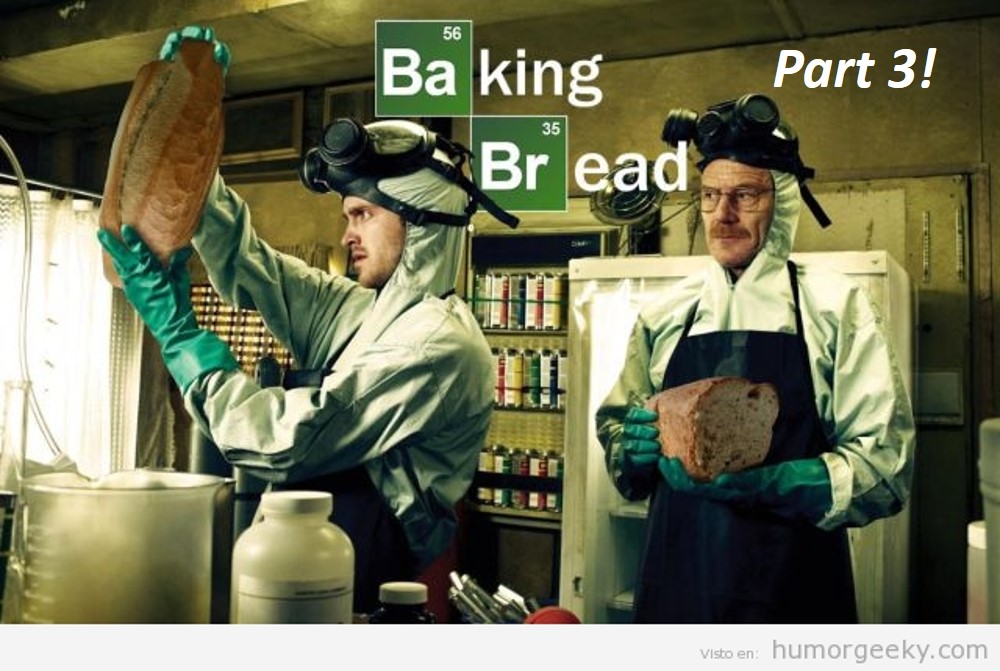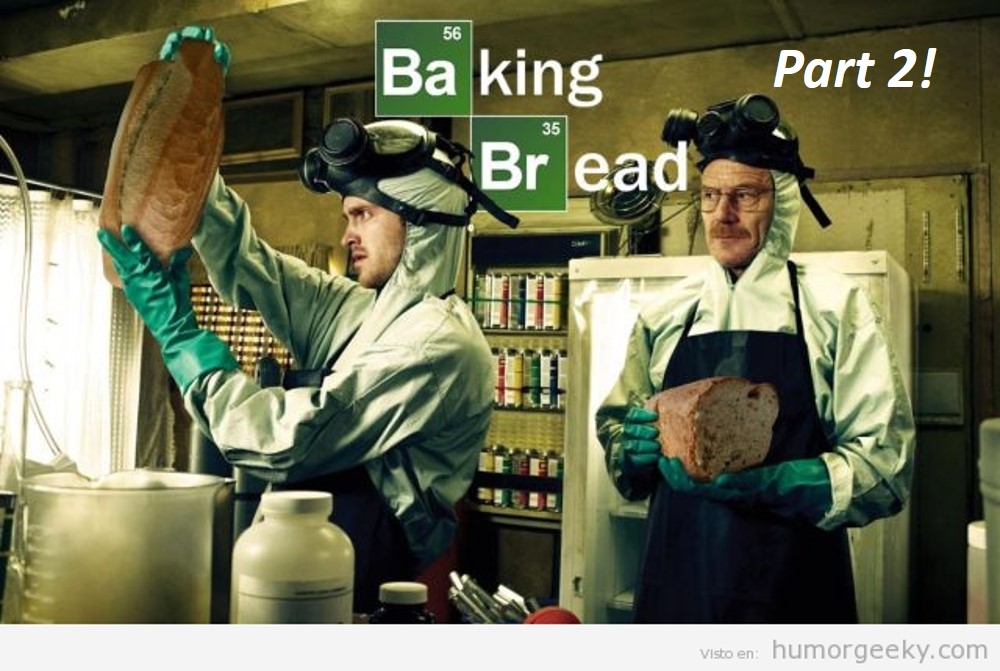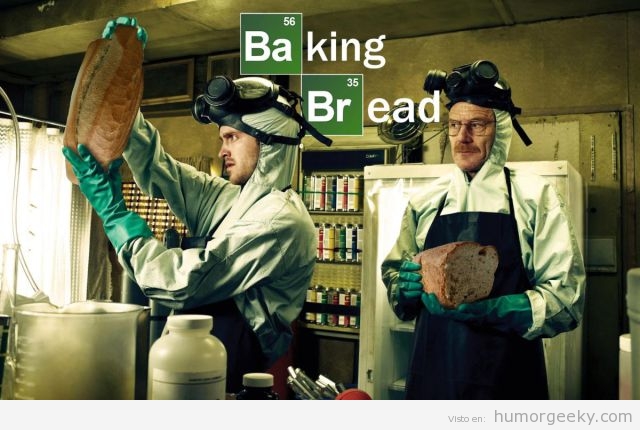[This blog was originally published in Night Owl Reviews]

Last time, we discussed the correct order and ratio of all the necessary ingredients for a successful story: hook (page 1) -> inciting incident (anytime before plot point 1) -> plot point 1 (PP1; 20-25% mark) -> midpoint (50% mark) -> plot point 2 (PP2; 75% mark) -> climax/denoument (last 90%).
Knowing the correct order and ratio can solve a lot of issues with a manuscript that readers complain about but authors may have a hard time interpreting. Here are a few ambiguous but common problems decoded into their meaning and solution:
Continue reading “Baking Literary Bread, Part 3 – How to Solve Common Story Problems Using the Recipe”


